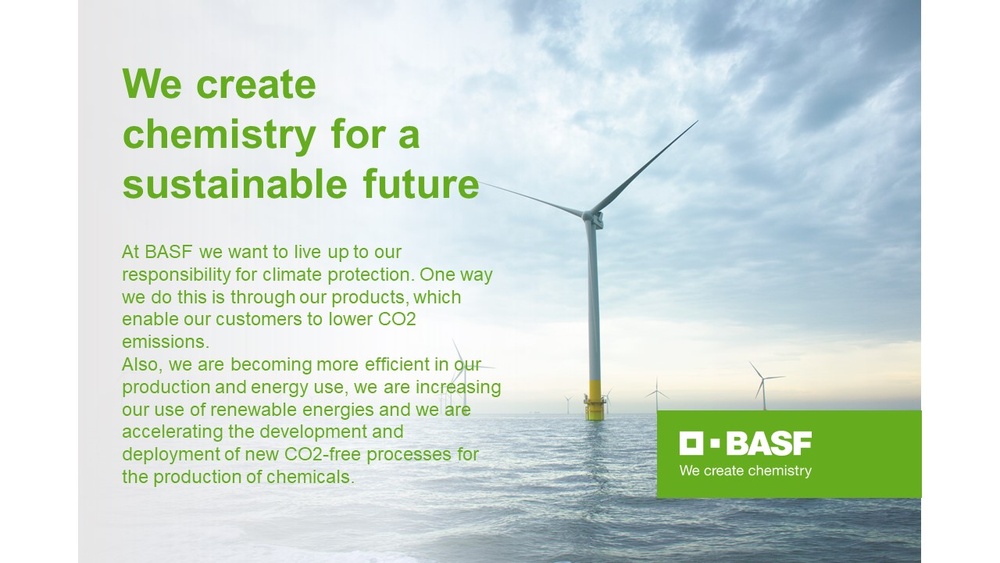9 May 2022

EU Commission criticises Danish climate plan for livestock production
The European Commission says that “It is a big mistake that Denmark does not have greater ambitions to reduce CO2 emissions from livestock production than is the case. In a letter signed by the head of department in the Commission's agricultural unit, Wolfgang Burtscher, Denmark is invited to send a revised plan for how the country will live up to the EU's common agricultural policy (CAP), which the Danes need to produce a plan for by 2023.
Feedback from the Commission reads, "The plan does not adequately address emissions from livestock production. No comprehensive interventions are planned to reduce emissions from enteric fermentation, fertiliser or feed handling. This major flaw in the intervention logic needs to be addressed,"
In response to the Commission's feedback, Louise Piester, Deputy Director General of the Danish Agency for Agriculture, writes that Denmark has made ambitious climate plans for agriculture in connection with the agricultural agreement from October last year, and writes that Denmark will now "take a closer look" at the Commission's comments and "consider" rewriting parts of the strategy if it is found "possible and necessary". Denmark also claims that plans to reduce CO2 emissions from livestock production are part of the agricultural agreement and are not funded by the CAP. Therefore, those plans are not included in Denmark's strategy sent to the Commission.
HydrogenOne is investing EUR 24 million in the Finnish-Estonian hydrogen technology company Elcogen
Elcogen is a leading manufacturer of solid oxide fuel cells. HydrogenOne Capital Growth, a hydrogen investment company, sees Elcogen as one of the world's most efficient technologies for the production and use of affordable green hydrogen, thanks to its solid oxide technology. The investment will enable a significant increase in Elcogen's production. The investment agreement now signed will enable Elcogen to expand its premises in Tallinn. "We believe that the fuel of the future is green hydrogen and that our technology will play a key role in enabling this transition to benefit everyone," says Enn Õunpuu, CEO of Elcogen.
Ørsted trials project to turn wind farms into coral reefs
Danish energy producer and wind power developer Ørsted's project "ReCoral initiative" was started as early as 2018, and now it is hoped that it will be able to become more large-scale. The plan is to collect corals that are washed up on land and then plant them on the foundations of offshore wind power turbines. The hope is that they will form colonies for the breeding of coral larvae, which in turn can be used to improve otherwise endangered reefs. The trial will begin this summer and will initially take place in Taiwan. If it succeeds, however, there may be conditions for spreading the technology to more oceans around the world, hopes the company, which runs the project in collaboration with Penghu Marine Biology Research Centre.
Danish CEOs amongst leaders promising tenfold increase in hydrogen investment
The top managers in Danish Green Hydrogen Systems and Topsoe have, together with the EU Commission, signed a declaration to increase the capacity of electrolysis plants tenfold. Amongst the 20 companies that signed the agreement were Denmark’s Topsoe and Green Hydrogen Systems
What we’re reading
- How Oslo Learned to Fight Climate Change (The New Yorker)
- Renewables deliver 50% of German electricity consumption in first quarter (RenewEconomy)
- Ofgem allowed challengers to launch bearing minimal risk, report finds (Financial Times)
- UK Energy Policy (Dieter Helm; includes analysis of UK energy regulator failures)
About Nordic Green News
The Nordic countries are some of the most dynamic and successful economies in the world. They are also leaders in sustainability, from renewable energy, biofuels, carbon capture and storage and the hydrogen economy, circular economy business models and battery development, the Nordics are pioneers in policy design, technology development and consumer uptake. Mundus Nordic Green News is covering this transition for the international community. Every day we curate the stories of most relevance to international businesspeople and policy experts from the flow of news. Mundus Nordic Green Indices summarise the meta-data from our daily coverage to enable easy tracking of trends. We supplement these with our own opinion pieces and commentary.
